Machine Learning Course







Machine Learning certification course
What will I learn?
- Understand the basic concepts of machine learning, including supervised, unsupervised, and reinforcement learning.
- Review essential mathematical concepts such as linear algebra (vectors, matrices), calculus (derivatives, gradients), and probability theory (Bayesian inference, distributions).
- Learn techniques to clean, preprocess, and transform raw data into a format suitable for machine learning algorithms.
- Explore methods for visualizing and understanding data distributions, correlations, and anomalies.
- Classification: Logistic Regression, Decision Trees, Random Forests, Support Vector Machines (SVM), Neural Networks.
- Regression: Linear Regression, Polynomial Regression, Ridge Regression, Lasso Regression. Clustering: K-Means, Hierarchical Clustering, DBSCAN.
Requirements
- Basic programming knowledge (preferably in Python)
- Understanding of fundamental statistical concepts
- Basic knowledge of linear algebra and calculus
Machine Learning Course Content
Core syntax: keywords, identifiers, and comments
Indentation and code structure
Declaring variables and data types
Handling input/output
Array creation and data handling
Working with attributes and methods
Indexing, slicing, and basic operations
Looping through arrays
Series: creation, access, filtering, and math ops
Sorting, ranking, handling nulls
Combining series
Building and reading dataframes
Indexing, slicing, sorting
Joining, merging, reshaping
Pivoting and tabulation
Applying functions
Remove duplicates, handle missing values
Modify and replace values
Group and aggregate data
- Matplotlib: lines, bars, pies, histograms
- Seaborn: plots for distributions, relationships
- Plotly: interactive 2D and 3D visualizations
Overview of EDA
Group analysis, deeper insights
Conditional blocks (if-elif-else)
Loops and control flow
Strings, lists, sets, tuples, dictionaries
Built-in and custom functions
Lambdas, recursion
Try-except, logging, and debugging
Classes, objects, constructors
Inheritance, encapsulation, polymorphism, abstraction
Open, read, write, append files
ML lifecycle
Supervised vs. unsupervised learning
ML algorithm types
OLS method
- Metrics, scaling, and regularization (Ridge, Lasso, ElasticNet)
Gradient-based methods: GD, Adagrad, Adam
SGD overview and application
Sigmoid function
MLE and evaluation metrics (ROC, F1, Confusion Matrix)
Distance metrics
Classification via KNN
Regression and classification
Kernels, tuning with GridSearchCV
Classification/regression trees
Gini, entropy, pruning
ID3, CART algorithms
- Bayes’ theorem explained
- Real-world use of naive Bayes
Bagging and boosting overview
Random Forest insights and use
Feature ranking and evaluation
AdaBoost and XGBoost basics
Projects: Random Forest, Taxi Prediction, Penguin Classification
K-Means: concepts, elbow method, applications
Hierarchical: dendrograms and linkage
DBSCAN: density-based clustering
PCA concept and execution
Use cases and project
Trends, seasonality
ARIMA, SARIMA, SARIMAX models
Forecasting project
Why and how prompts work
Elements: context, task, rules
Prompt types: zero-shot, few-shot, CoT
Common use cases: summarization, extraction, generation
Data collection and preprocessing techniques
- Feature engineering
- Model selection
- Model training and evaluation
- Project-based learning
- Tools and libraries
- Ethical consideration
Get in touch
400+ Global Employment Partners








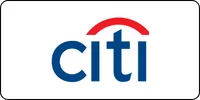




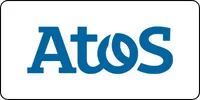


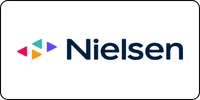














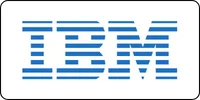
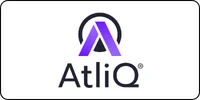






Why Choose Machine Learning Certification Course from Bright Computer Education?

Designed Curriculum
Our curriculum covers everything from basic to advanced topics. Topics include variables, data types, control structures, functions, OOP, STL, and more.

Hands-on Learning
Dive into practical exercises and coding projects that reinforce learning and help you build real-world applications.

Experienced Instructors
Learn from industry experts with years of experience in C programming and software development.
Flexible Learning
Choose from flexible scheduling options, including self-paced learning or live virtual classes to fit your busy lifestyle.
Career Development
Gain valuable skills sought after by employers in various industries, from software development to embedded systems and beyond.
Interactive Learning
Engage with fellow learners and instructors through live Q&A sessions, discussion forums, and collaborative coding exercises.
Diverse Career Opportunities in Machine Learning: Exploring Paths in India's Technology Sector
Frequently Asked Questions
Recently View Courses
Course Details Curriculum Placement FAQ’s Deep Learning Certification Course The Deep Learning Certification Course...
Read MoreCourse Details Curriculum Placement FAQ’s Data Structures & Algorithms Certification Course Master the foundation...
Read MoreCourse Details Curriculum Placement FAQ’s Generative AI certification course Step into the rapidly evolving...
Read More
